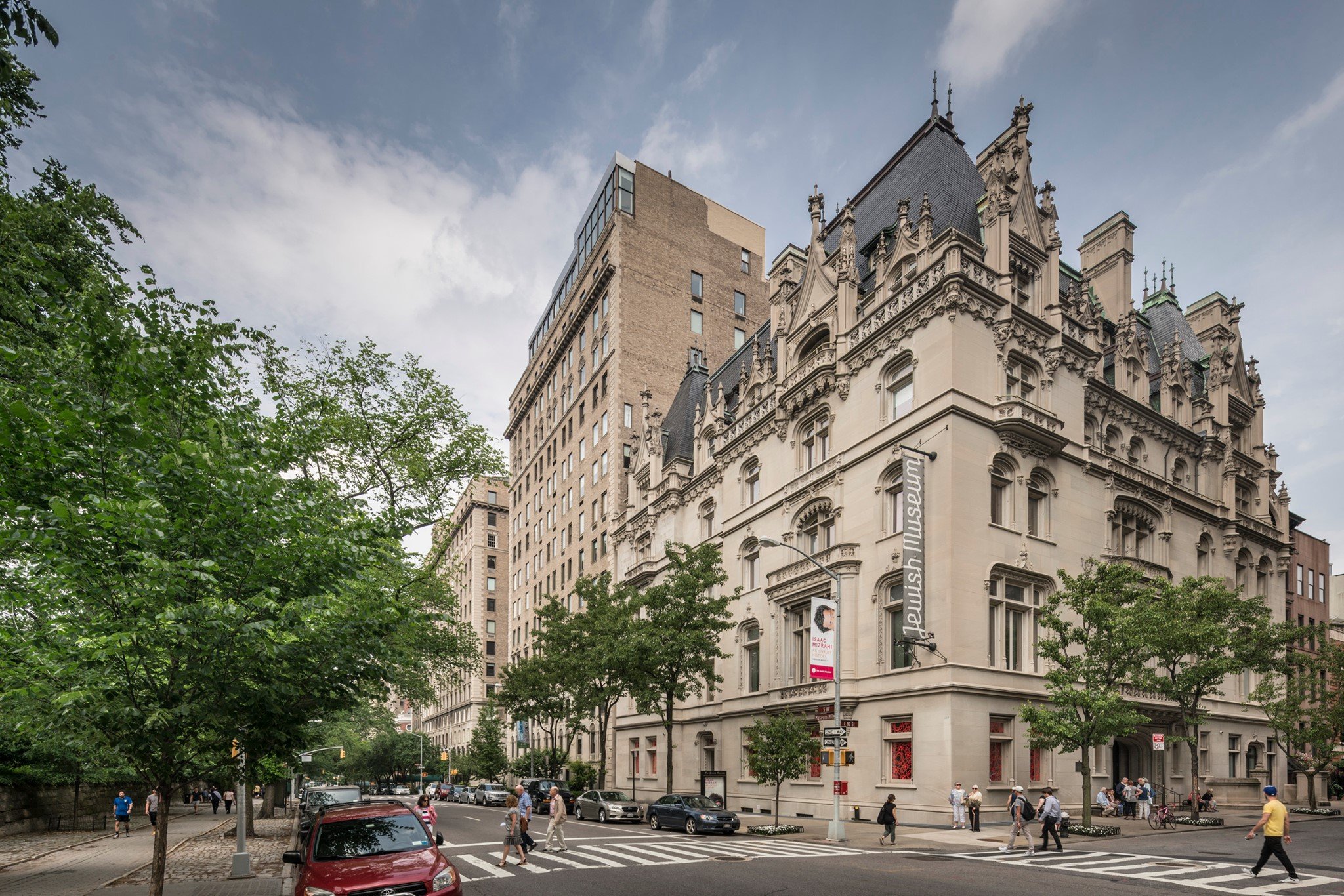
In the latest win for organized labor in the museum sector, unionized staff at New York’s Jewish Museum have voted to ratify their first union contract, securing an average raise of 17.5 percent for members over the next three years.
“The Jewish Museum is glad to have reached its first collective bargaining agreement with UAW Local 2110 that addresses the needs and concerns of its valued staff,” Darsie Alexander, the museum’s acting director and chief curator, said in an email. “We feel the three-year contract reflects the shared desire between both parties to reach an agreement that is fair to the museum’s staff while also being economically sustainable for the organization.”
The union agreement follows more than a year of negotiations, with an organizing effort that began in late 2021. Like many museums across the city (and beyond) in a wave of unionization that began in 2019, the workers joined Local 2110, part of the United Automobile Workers (UAW) union.
“The whole process of unionizing our workplace has been transformative for us as museum staff, and it’s empowering to know we have legally enforceable rights supporting us and our work,” Amelia Kutschbach, an editor at the museum, said in a statement.
The Jewish Museum’s contract is retroactive to October 1 of this year, and runs through June 30, 2026.
The 92-person bargaining unit has won improved part-time benefits, additional vacation, and increased childcare leave. Art handlers and museum educators, who work on call, are getting a 20 percent and 14 percent boost to their hourly wage, respectively, and entry-level store and visitor services staff will make $21 an hour, with $1 raises scheduled for July 2024 and 2025. The contract also establishes a labor-management committee and binding grievance procedure.
“I love my work at the museum,” Rebecca Shaykin, a Jewish Museum associate curator, added. “Our goal in unionizing was to insure a truly sustainable career path at the Jewish Museum. As a staff, we often felt that our contribution to the museum was undervalued. Unionization is changing that and we look forward to building upon this really strong first contract.”
Jewish Museum staffers have been a visible presence as their colleagues at other New York institutions have staged pro-union demonstrations, including joining the picket lines at the Hispanic Society Museum and Library, which approved its first contract in May, after a nearly two-month strike.
This year also saw the successful negotiation of contracts for New York’s Whitney Museum of American Art and Solomon R. Guggenheim Museum, in March and August, respectively.
Other recent additions to the union chapter include the New Museum, the Tenement Museum, and the Shed, all in New York, and Maine’s Portland Museum of Art, the Massachusetts Museum of Contemporary Art in North Adams, and the Museum of Fine Arts, Boston. (New York’s Museum of Modern Art, New-York Historical Society, and the Bronx Museum have been members for decades.)
The union is currently in the midst of negotiating first-time contracts at the Brooklyn Museum and the Dia Art Foundation, which has multiple locations in the U.S., including in Manhattan’s Chelsea neighborhood and Beacon, New York.